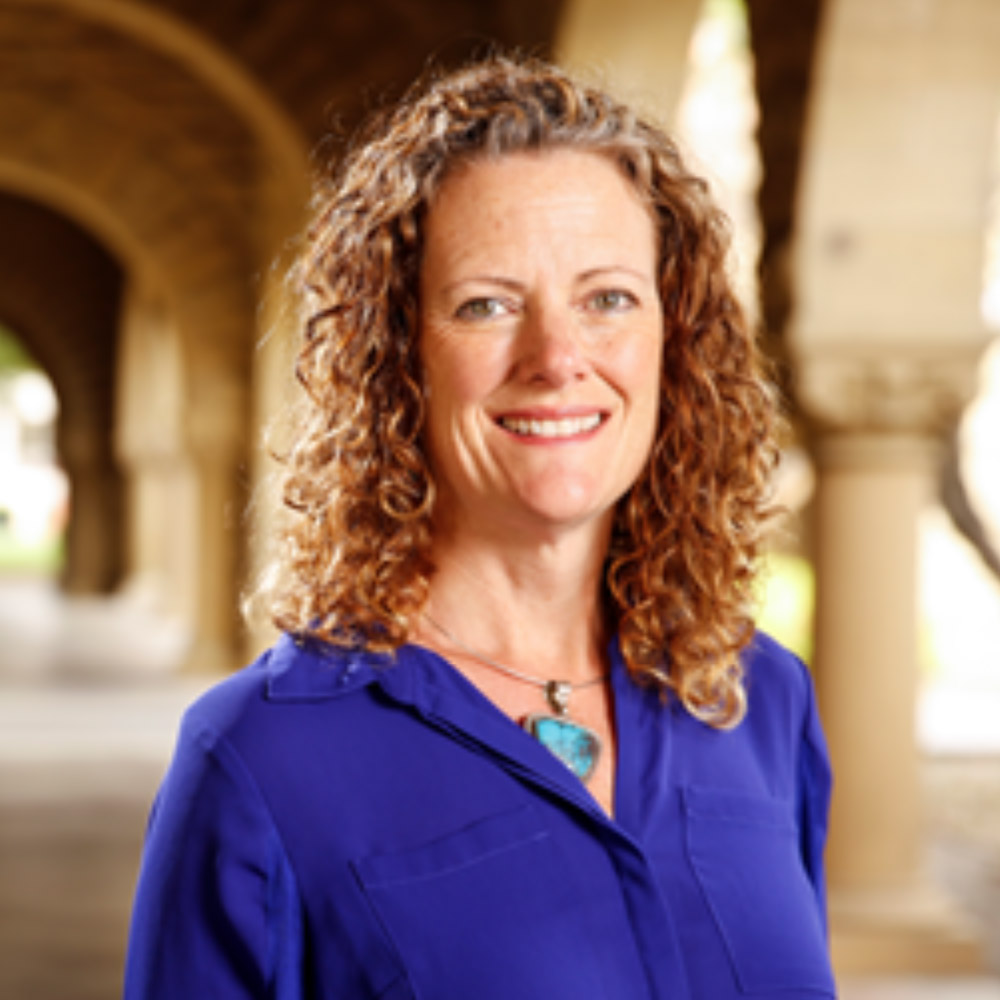

 Beth L. Pruitt
Beth L. Pruitt Abstract:
Basic life sustaining functions such as breathing, circulation, and digestion are driven autonomously by coordinated contraction of specialized muscle cells, yet how these functions incorporate active feedback via force sensing at the cellular level is an area of active study. Meanwhile, a variety of specialized stretch activated receptors and mechanically mediated biochemical signaling pathways have been identified. Defects in proteins of these mechanically mediated pathways and receptors have been implicated in disease states spanning cardiovascular disease, cancer growth and metastasis, neuropathy, and deafness. Thus, understanding the mechanical basis of homeostasis (health) and defective cell renewal function (disease) increasingly requires us to consider the role of mechanics. To study how cells and tissues integrate mechanical signals, we and others have developed specialized cell cultures systems and micromachined tools to stimulate and measure forces and displacements at the scale of proteins and cells. Using induced pluripotent stem cell derived cardiomyocytes, we observe cell outputs such as morphological changes, protein expression, electrophysiological signaling, force generation and transcriptional activity in response to mechanical stimuli with an eye to understanding how mechanics influences progression of a genotype with known point mutations into dysfunctional phenotypes.
Bio:
Dr. Beth Pruitt graduated from the Massachusetts Institute of Technology (MIT) with an S.B. in mechanical engineering. She was in Navy ROTC at MIT where she learned sailing, leadership, and perseverance and later served as an officer in the US Navy. She received an M.S. in Manufacturing Systems Engineering from Stanford University then served as an officer in the U.S. Navy, first at the engineering headquarters of the nuclear program then as an instructor teaching Systems Engineering (and offshore sailing in the summer) at the U.S. Naval Academy. She earned her Ph.D. in Mechanical Engineering at Stanford University where she specialized in MEMS and small-scale metrologies for electrical contacts and was supported by the Hertz Foundation. She was a postdoctoral researcher at the Swiss Federal Institute of Technology Lausanne (EPFL) where she worked on polymer MEMS. She started the Stanford Microsystems Lab focused on small-scale metrologies for interdisciplinary micromechanics problems in mechanobiology, biomechanics and sensing. As a visiting professor in the Lab for Applied Mechanobiology in the Department of Health Sciences and Technology at ETH, Zurich in 2012 she worked with Viola Vogel’s lab on biophysical measurements of cells and proteins. She has been recognized by the NSF CAREER Award, DARPA Young Faculty Award, Denice Denton Leadership Award and is an elected Senior Member of IEEE, and a Fellow of the ASME and AIMBE.